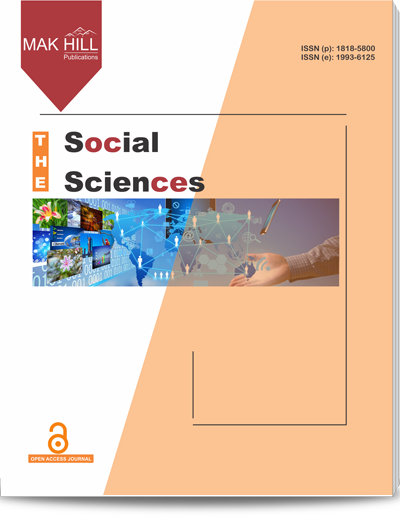
The Social Sciences
ISSN: Online 1993-6125ISSN: Print 1818-5800
Abstract
Among Christian scholars who especially distinguished themselves in the 10th/11th century Islamic Baghdad were Yahya Ibn ‘Adi (d.974), Ibn Zur‘ah (d.1008), Ibn al-Khammar (d.1017) and Abu ‘Ali al-Samh (d.1027). Some of these Christian translators were no longer relying on the Caliphs or other patrons of learning but often found their own means of living which in turn prolonged their own academic interest. Consequently, some of them were no mere translators any more but genuine scholars, who both kept alive the disciplines they had learnt and taught. The chief architect among them was Yahya Ibn ‘Adi. He was not only the leader of his group but was also dubbed as the best Christian translator, logician and theologian of his times. This is justified in addition by his ample productivity in those fields of enquiry. A considerable number of such works have evidently been used by contemporary and later writers and have also reached us today. Hence, researchers consider that it is in these aspects that his distinctive contributions to scholarship lie and therefore, he deserves more serious study. This study thus, seeks to make an analytical study of Yahya Ibn ‘Adi’s theory of self-management as reflected in his major research on ethics, Tahdhib al-Akhlaq (The Refinement of Character).
How to cite this article:
Mohd Nasir Omar. Yahya Ibn ‘Adi on Self-Management.
DOI: https://doi.org/10.36478/sscience.2012.603.610
URL: https://www.makhillpublications.co/view-article/1818-5800/sscience.2012.603.610